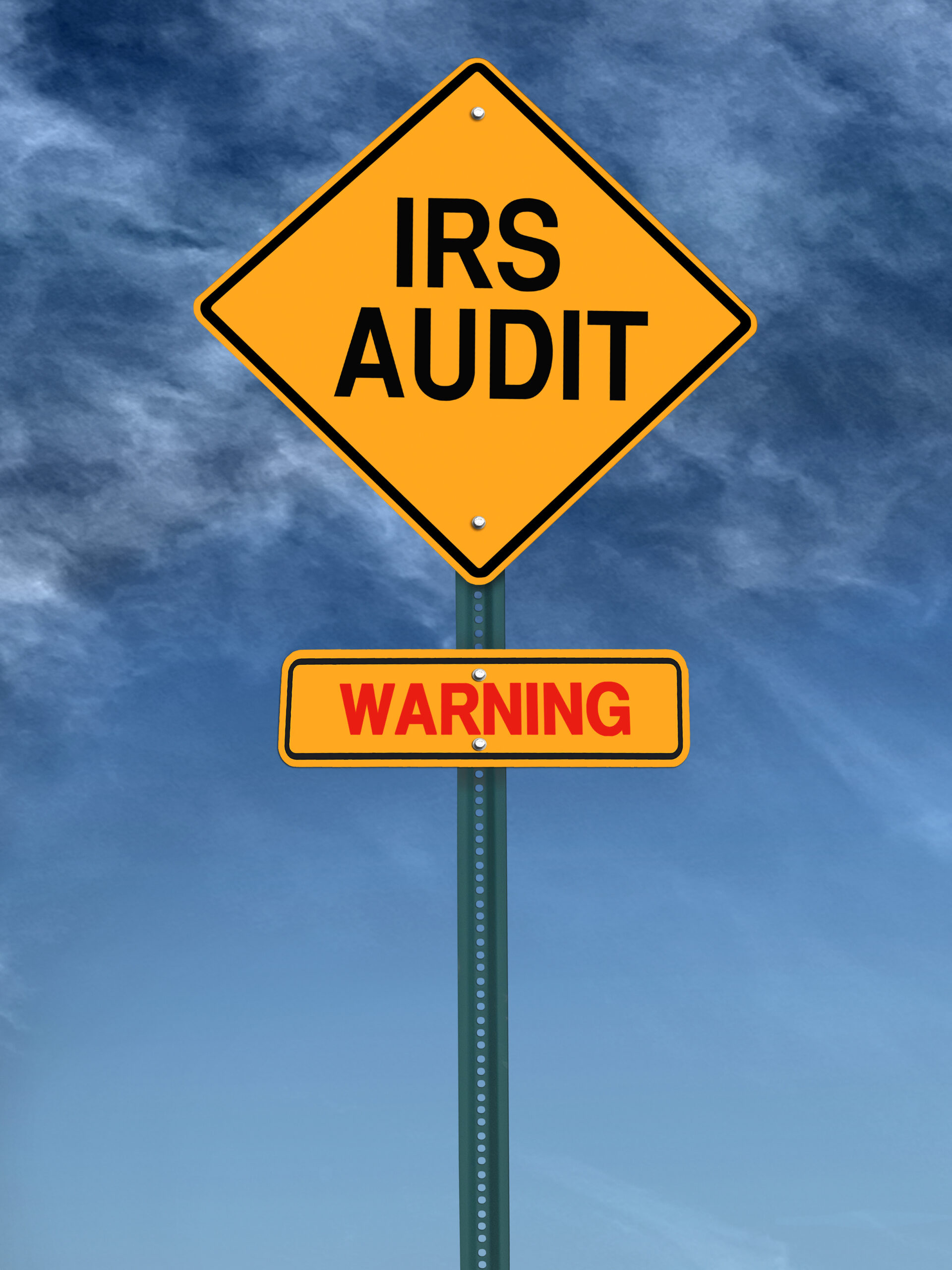IRS is focused on Businesses since the passage of the Inflation Reduction Act. Under the Strategic Operating Plan (funded by the Inflation Reduction Act), the IRS is increasing audit rates, expanding enforcement and targeting non-compliance for business taxpayers. IRS compliance efforts are geared towards having the IRS compliance teams better detect tax cheating, identify emerging compliance threats, improve case selection tools, and reduce the tax gap. That said, what to do if the IRS wants to audit your business? The first rule is don’t panic. Arm yourself with information. Gathering and organizing your information is essential for understanding the IRS business audit process; understanding why you were chosen to be audited; know what your responsibilities and rights are and know how to appeal IRS findings. For an IRS business audit, it is best to work together with your tax expert in a pre-audit preparation given that the audit is an examination of the business accounts and the IRS will try to verify that all the information is reported and the tax is calculated correctly according to the tax laws.
How to prepare for an IRS Business Audit?
The AICPA (American Institute of Certified Public Accountants) provides a guideline on how to best “pre-prepare” for an IRS Business Audit:
- IRS will mail letters to the taxpayer advising them of audit selection. IRS will not call.
- Taxpayer needs to send all IRS correspondence to the tax expert and the tax expert ought to verify its legitimacy
- IRS Revenue Agent will provide the taxpayer and its designated representative if there is a POA (Power of attorney and declaration of representative) an Information Document Request or IDR.
- Determine the scope of the IRS Revenue Agent work: office audit, field audit or a visit to the taxpayer’s premises.
- Determine what Group of the IRS the Revenue Agent works for, what Service Center or location the Revenue Agent is located at and the manager’s name and contact information.
- Determine why the audit was selected and if it pertains to a compliance check, or an IRS initiative or campaign.
- Locate the tax return for the year being examined plus all amended returns for the preceding and following years as well as all workpapers.
Documents to have ready for an IRS Business audit can include:
- General Ledger and all journal entries
- Bank Statements for all the taxpayer accounts including checking, money markets investments, and all credit products.
- All workpapers used to create tax returns.
- Reconciliations of book and tax income.
- All schedules: K-1, K-2, and K-3.
- Schedule of year end accruals.
- Adjusting entries.
- Depreciation Schedule.
- Ending Inventory.
- Records retention agreement.
- Systems of internal controls
- Tax reconciliation
Possible documentation for income and deductions for Business IRS audit can include:
- Taxes and licenses
- Legal and Professional fees
- Charitable contributions
- Mortgage and other types of interest
- Business travel
- Meals & entertainment
- Repairs and maintenance
- Employee benefits
- Interest income
- Sales contract, receipts and all documentation related to purchase or sale of business or personal property
- Purchases of material and supplies
- Purchase invoice receipts
- All sales and discounts
- Lease agreements
- Documentation related to all officers, shareholders and members involved in accounts receivable, loans and compensation
- Officers and stockholders
- Taxpayers that have 10% ownership interest
- Payroll journals
- Employee benefit plans
- Taxpayer prepared financial statements
- Minutes for a corporation
Keep copies of all documentation provided to the IRS Revenue Agent during an IRS business audit
Taxpayers and their tax expert ought to ask the IRS Revenue Agent for a written acknowledgement for receipt of all documentation provided. A tax expert can also assist a taxpayer in preparation of an audit by reviewing anticipated questions from an IRS Revenue Agent.
Ignoring an IRS Business Audit Request is NOT an option!
Ignoring an IRS audit notice can result in an assessment of additional tax, plus substantial penalties, and interest. If you continue to ignore subsequent IRS notices, you may lose your right to dispute the case in Tax Court, and the IRS can begin trying to collect the tax. They also can extend the period under audit to examine additional years.
Are you a taxpayer facing an IRS Business Audit? Who is your Tax expert? ©


